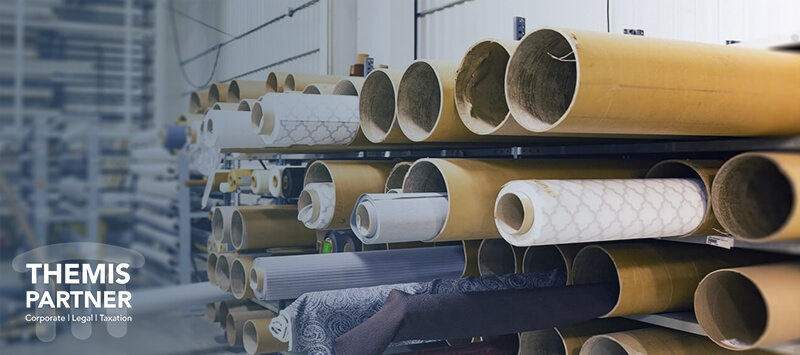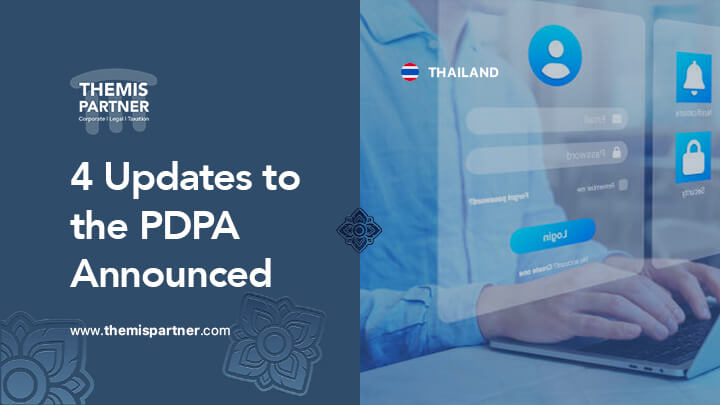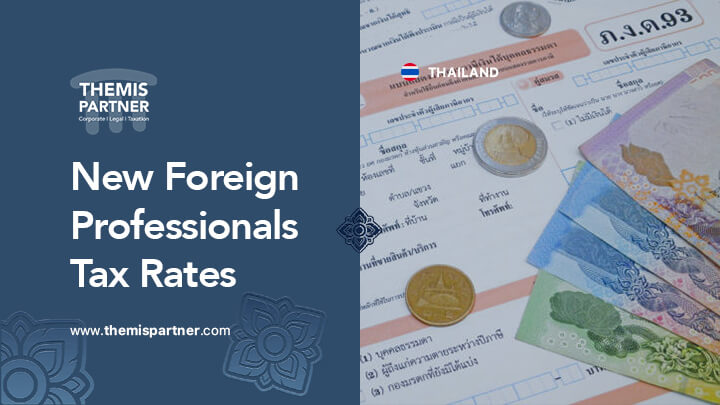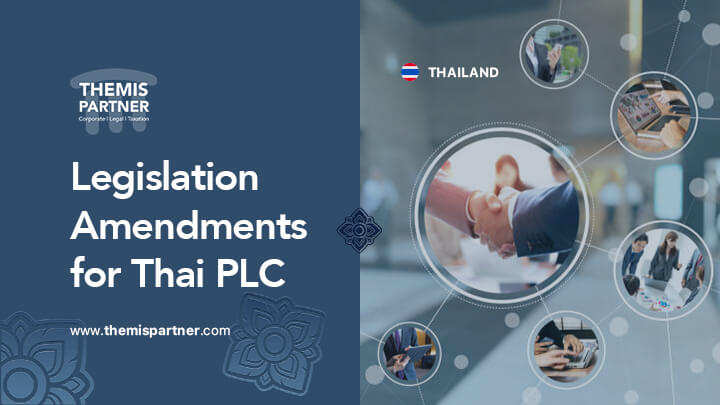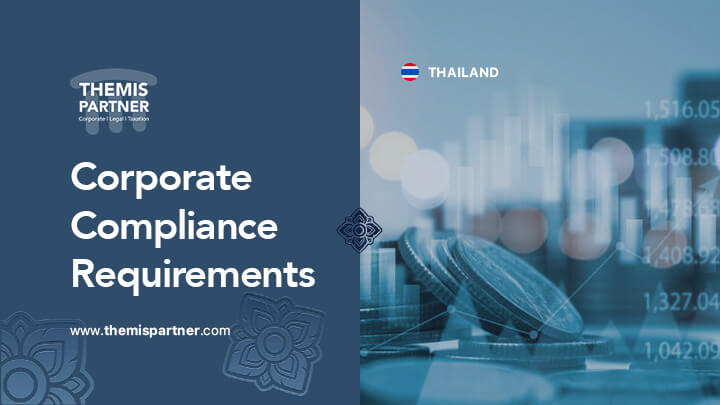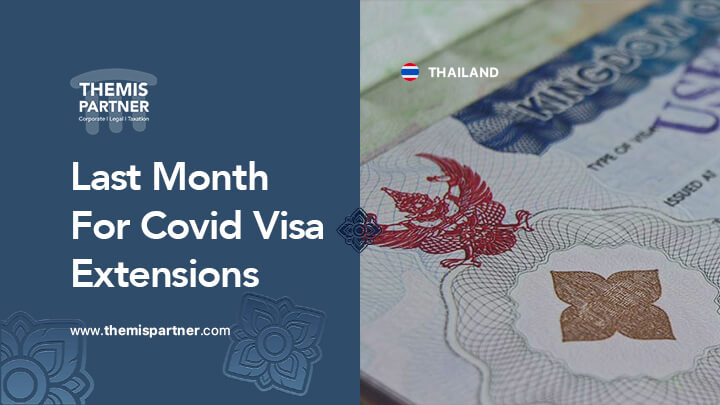Manufacturing company: The industrial sector in Thailand
First of all, a manufacturing company is by definition an industrial establishment which, with the help of machines transforms raw or semi-finished materials into finished products.
The qualification of a manufacturing company in the Thai Kingdom has several conditions. The establishment can be “any premises”, then the machines used must have at least 5 horses or with or without machinery employ at least 7 people, to produce manufactured products. Ministerial regulations specify the activities related to the manufacture of products, which are to produce, assemble, package, repair, maintain, test, improve, process, transport, store or destroy (any item listed).
In Thailand, the Factory Act of 1992 regulates the establishment and operation of manufacturing companies. It regulates surplus, expansion, safety standards and limits the adverse effects of pollution caused by factories. However, the law does not apply to the government plant which is managed by the Government, however the plant will apply the guideline of the law.
Manufacturing business structure
At first you will have to create your company and choose the structure. During a classic procedure, the persons who do not have the Thai nationality cannot obtain 100% of their company. Indeed, 51% of the social shares must be held by Thai nationals, against 49% for you. However, the industrial field is not concerned by this provision and thus by the ” Foreing Business act “, by this effect you have the possibility to hold 100% of the social shares of your factory.
Then, you will have to follow a classical procedure to register your company with the Department of Business and choose the name of your company. Then, the filing of the memorandum of association must be done within 30 days after the registration of the company name. After this filing, you will be able to draw up the Articles of Incorporation of your company, which will provide a founding charter for your manufacturing company in Thailand. A statutory meeting can then be held and you can register your manufacturing company with the Ministry of Commerce.
Finally, you will only have to register for VAT, register for social security and open a bank account.
ℹ️ To set up a factory in the industrial sector in Thailand, you will have to obtain a license, under certain conditions.
Set up a manufacturing company in Thailand
Secure your investment with the help of our corporate lawyers
Board of Investment BOI for manufacturing company
Depending on the sector of activity (space industry, energy, food, textile, etc.), you can consider a BOI (Thailand Board of Investment) promotion by making an application.
The BOI considers two types of incentives for projects or activities:
Fiscal incentives: Reduction or exemption of import duties on machinery and raw materials and corporate tax exemptions.
In addition, the BOI offers tax and customs privileges depending on the location of your manufacturing company in Thailand, in certain special economic zones (SEZ) or in model cities of the “triangle of stability, wealth and sustainable development” (Pattani City, Yala and Narathiwat).
Other incentives: Allowing foreign workers and facilitated work permits, owning land etc.
Industrial activity and factory licensing
Factories are classified according to 3 categories:
Category 1: Manufacturing companies that do not require a license.
Use of machines with a power of between 5 and 20 horsepower and/or employment of 7 to 20 people for manufacturing.
Category 2: Manufacturing companies that require notification from government officials prior to commencing operations. Operators will be able to start operations once they have obtained a receipt from the Ministry of Industry acknowledging receipt of the notification. The plants will be required to follow the ministerial regulations.
Use of machinery with a power of between 20 and 50 horsepower and/or employ more than 20 to 50 people in manufacturing.
Category 3: Manufacturing companies that are required to obtain a license from the Department of Industrial Works of the Ministry of Industry, prior to commencing operations. In addition, and subject to the discretion of the Ministry, operators may require a certificate to construct certain parts of the plant.
Use of machinery of more than 50 horsepower and/or employing more than 50 persons in the manufacture, producing pollution.
The operator must notify the competent authority 15 days before the start of the trial operation of the plant, and again 15 days in advance of the actual start of manufacture of the plant. These notifications allow the Ministry to control the plant with regard to environmental protection, including pollution. Each licensee will be required to notify the Ministry of the following:
| ➤ Any structural change: Relocation of machinery, or premises (notify the Ministry 7 days before) or expansion of the factory (additional approval to be applied for within 7 days incurring an administrative fee of 100,000 thb) |
| ➤ Any accident on the man or the company: An accident causing death, injury or illness resulting in an incapacity to work for more than 72 hours (notification to the ministry within 3 days) or an accident resulting in the stopping of activities for more than 7 days (notification to the ministry within 10 days) |
| ➤ Death of the licensee: the heir or administrator must apply to the Department within 90 days to transfer the license |

